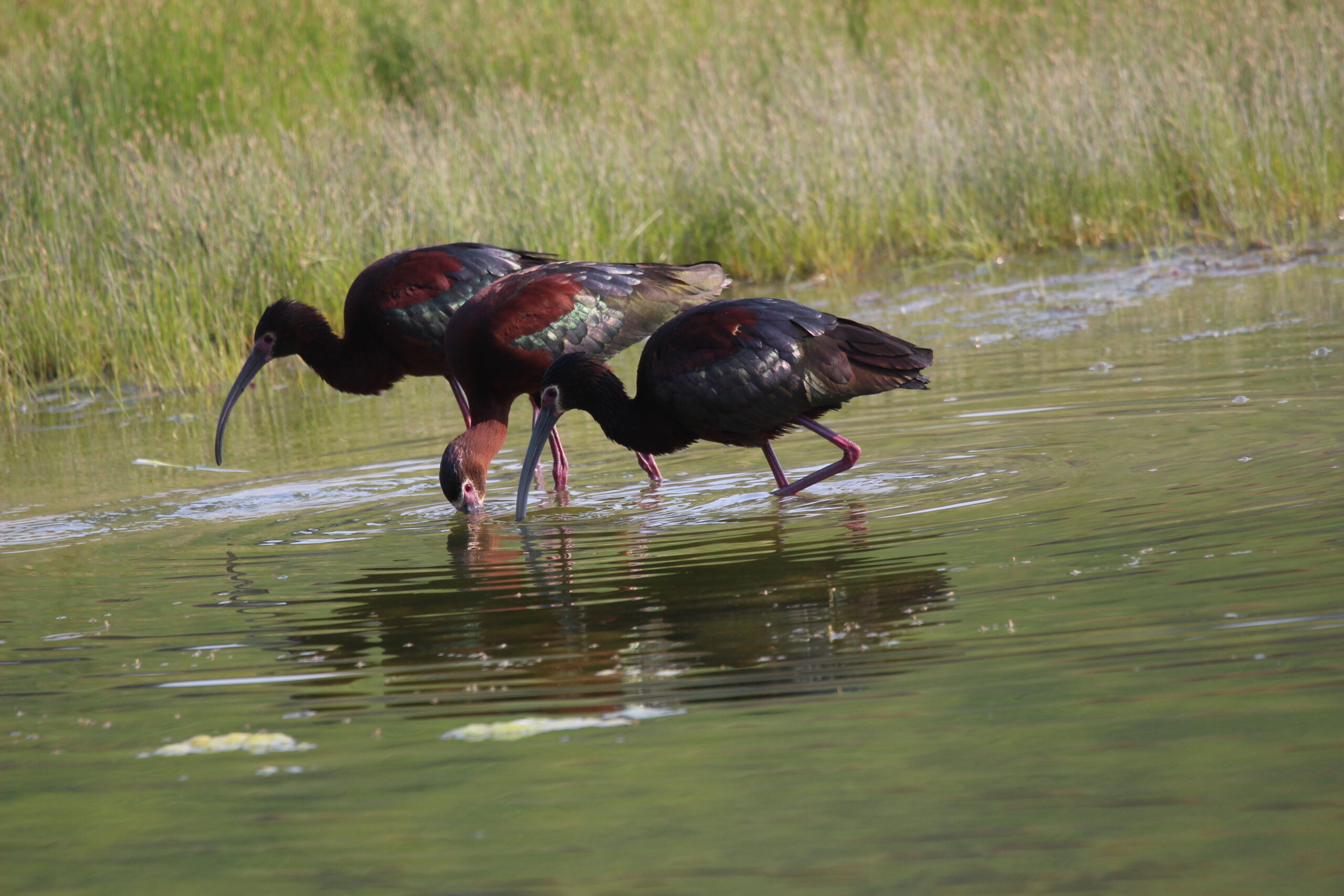Like most beer drinkers, your intrepid liquor reporter spends very little time thinking about hops.
Much like oxygen, or your regular late-night booty call, hops are always there when you need them.
Thousands of years ago, the very first beer was not much more than soggy grains that were accidentally fermented by some wayward airborne yeasts. For untold centuries more, ancient brewers would flavour their beer with gruit, a melange of assorted bitter herbs like dandelion and burdock root.
It was not until the year 822CE that a Benedictine monk developed the first recipe for beer made with hops as the bittering agent. It took another 300 years for the German and English brewmasters to get on board, and the rest of the brewing world soon followed.
The switchover from gruit to hops was quickly adopted by German and English brewers, largely due to the newly discovered antimicrobial properties in hops, which preserved the beer much longer in those pre-refrigeration days.
However, the gruit industry was largely controlled by the Catholic Church, who were none too pleased about losing a reliable revenue stream, especially since hops grew wild and free just about everywhere in Europe.
The Church was able to use political connections to suppress the cultivation of hops, thus protecting their own coffers, but that arrangement came to an end when King Henry VIII had a little spat with the pope about his many wives, and decided to go off and form the Church of England.
Faithful readers may recall your humble narrator waxing poetic about the Reinheitsgebot, also known as the Bavarian Beer Purity Law of 1516, which dictated that the only permissible ingredients in beer were water, barley, and hops.
We celebrated the 500th anniversary of the Reinheitsgebot last year, and hops are still going strong!
Despite being widely planted all across North America since the 1600s, the cultivation of hops has become highly regionalized, as agricultural advances have helped identify a few regions that are optimal for hop production.
Here in North America, the pacific northwest states of Washington and Oregon make up 98% of hops production.
There are a few hobby farms here and there, and your humble narrator even has a few hop plants growing down near his private still, hidden in the reeds at the end of the lake.
Hops are a hardy plant, and will grow easily right here in Alberta, but the hops we grow in Alberta are not optimal for beer.
Hops were first planted in Canada in the late 1600’s, with production centered in BC wine country. However, by the 1970’s, pretty much all hop production had migrated to Washington, where the climate was optimal for the hop plants to produce greater amounts of lupulin resin, which contains the bitter hop oils and alpha acids that are prized for brewing.
Your humble narrator has grown his own backyard hops right here in Alberta, but the alpha acids are only about 20% of what would be produced in the rolling hopyards of Washington, meaning that 5x the hops are needed to make beer.
Alberta is blessed with both clean mountain water and world-class malting barley, but we just don’t have the climate for hop production, leaving our hard-working brewers to import hops from Washington or Europe.
Lest you think that the hop farmers of Washington and Oregon are sitting on their laurels and taking advantage of poor boozers the world over, fear not, as the state of the art of hop agriculture is highly competitive and full of innovation.
While there are thousands of varieties of hops, only about 50 or so are commonly used for brewing, and there is constant research and development of new hop strains by crossbreeding different varietals.
Most beers are brewed with a blend of different hops, some used to provide bittering, while other hop varietals add aromatics to the brew.
The innovative hop farmers are introducing dozens of new hop varietals in 2017, hoping to woo different brewers with exciting new flavours and bouquets.
The megabrewers are generally loathe to tweak their tried-and-true recipes, so it will likely be the smaller craft brewers that have the flexibility to experiment with new hop strains.
This is good news for the beer snobs of the world, so your humble narrator is eagerly awaiting new 2017 beers with new 2017 hops!




